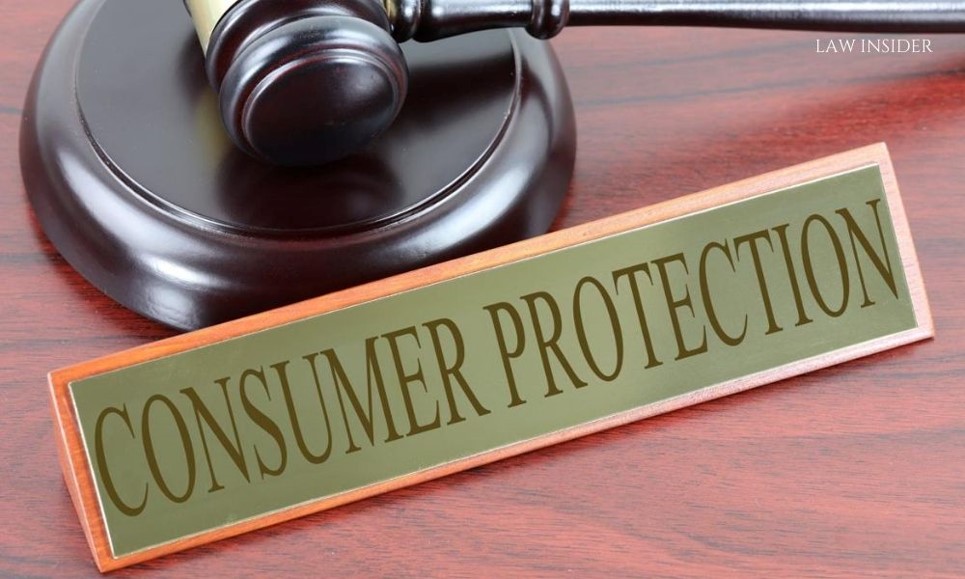LI Network
Published on: October 9, 2023 at 14:56 IST
The Consumer Disputes Redressal Commission in Tumakuru imposed a fine of ₹7,000 on a local restaurant, Vaishali Deluxe Comforts, for selling bottled water and beverages above the Maximum Retail Price (MRP).
The decision, made in response to a complaint filed by a customer, highlights the significance of adhering to Legal Metrology (Packaged Commodities) Rules.
The Commission, led by President GT Vijayalakshmi and members Kumara N and Nivedita Ravish, pointed out that under the Legal Metrology (Packaged Commodities) Rules, it is strictly prohibited to sell packed commodities at a price higher than the retail price.
The ruling, dated September 21, emphasized that this regulation applies to restaurants as well.
The case was brought to the Commission’s attention by a dissatisfied customer who alleged that he was charged an amount exceeding the MRP for a bottle of water and a bottle of Sprite, each priced at ₹20. Additionally, a 5% Goods and Services Tax (GST) was levied, resulting in a total price of ₹24.14 per bottle.
The Commission, after thorough consideration of the Legal Metrology (Packaged Commodities) Rules, concluded that restaurants are not exempt from these regulations. They asserted that having two MRPs, unless in accordance with the law, is unacceptable. Charging above the printed MRP, as was the case with the restaurant, was deemed an unfair trade practice.
Despite receiving notices from both legal representation and the Commission, the restaurant failed to defend its actions.
The Commission expressed its disapproval, stating that the complainant had to endure unnecessary hardship due to the restaurant’s actions. As a consequence, the restaurant was directed to pay ₹3,000 as litigation expenses and an additional ₹4,000 for the mental agony suffered by the complainant.
This ruling serves as a reminder to businesses that adherence to regulations, including MRP guidelines, is not just a legal obligation but also a requirement for fair and ethical trade practices.

